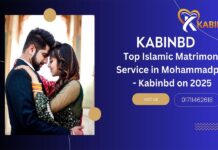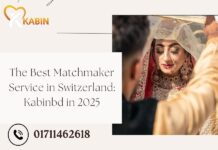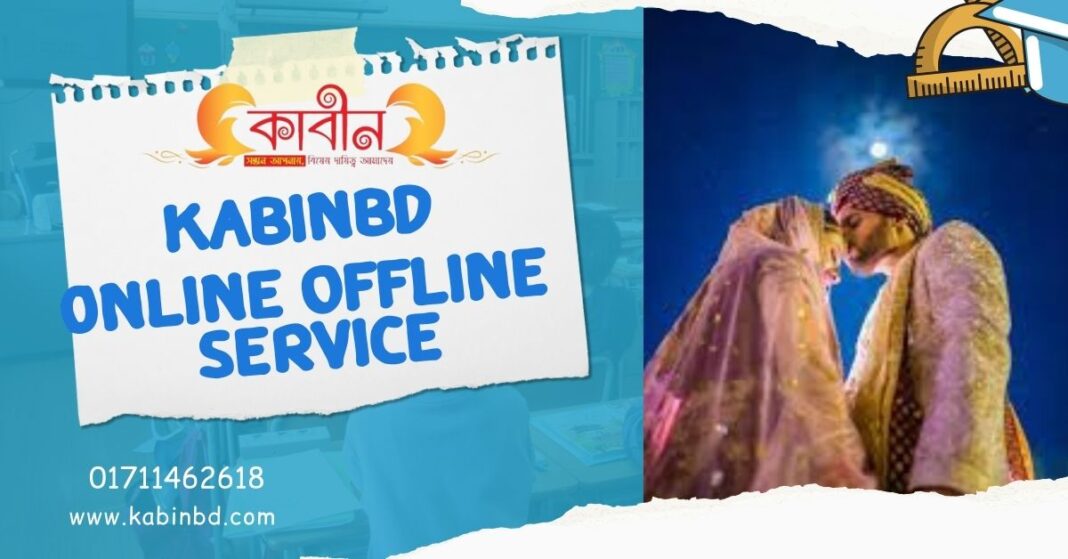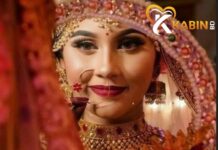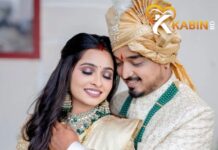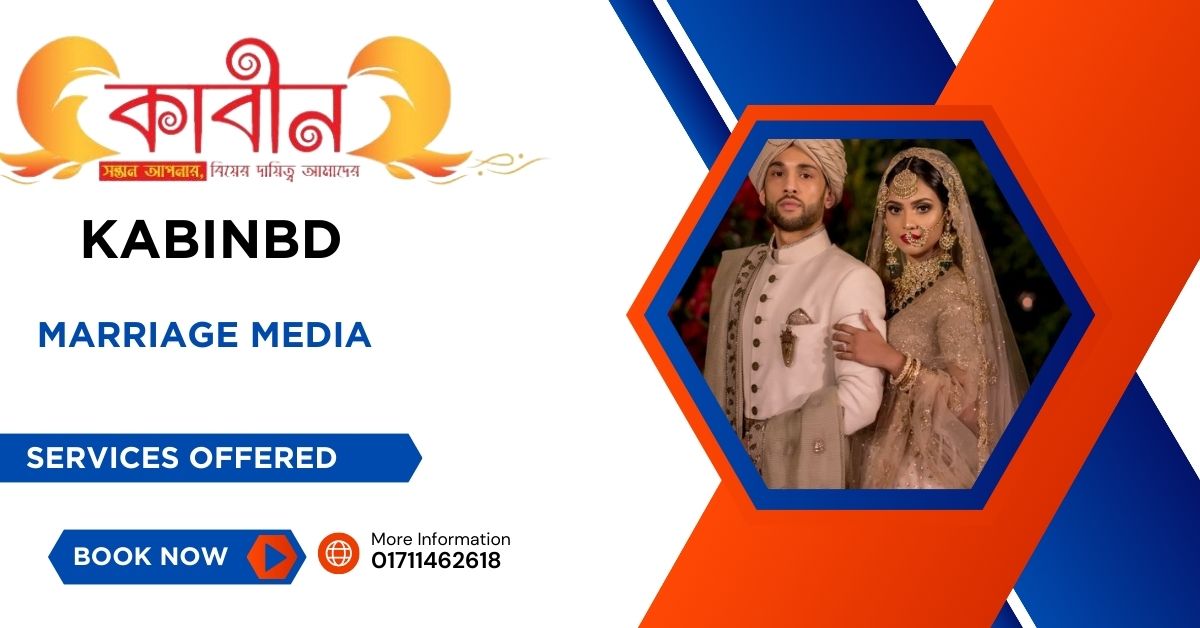What is marriage like in Bangladesh ? 2024
Marriage in Bangladesh: Traditions, Shifts, and Modern Realities Marriage in Bangladesh is a rich tapestry woven with tradition, family ties, and evolving social norms. It’s a land where arranged marriages remain the dominant practice, yet a gentle breeze of change is carrying the concept of love marriages. Understanding marriage in Bangladesh requires delving into its historical roots, exploring the intricacies of arranged marriages, and acknowledging the growing acceptance of love-based unions.
Rooted in Tradition: The Enduring Legacy of Arranged Marriages
For centuries, arranged marriages have been the cornerstone of Bangladeshi society. Parents, or matchmakers known as “ghotoks,” take center stage, meticulously selecting suitable partners based on factors like religion, social status, education, and family background. Marriages often transcend individual preferences, seen as a union between two families, ensuring stability and continuity.
Rooted in Tradition: The Enduring Legacy of Arranged Marriages in Bangladesh
Arranged marriages have been the cornerstone of Bangladeshi society for centuries. More than just a union of two individuals, they represent a bond between families, ensuring stability and continuity across generations. This system, though facing modern challenges, remains deeply ingrained in the cultural fabric of Bangladesh.
The Ghotok: The Matchmaker at the Heart of the Process
Central to arranged marriages are the ghotoks, trusted individuals who act as matchmakers. Families with marriageable children entrust ghotoks with their preferences. These preferences can encompass religion, education, social status, family background, and even desired personality traits. Ghotoks leverage their networks and understanding of families to identify suitable matches.
Biodata and Beyond: Assessing Compatibility
The initial stages involve exchanging detailed “biodata” – a document outlining a potential spouse’s qualifications, education, and professional background. Photos might be included, but physical meetings are often delayed until a later stage. If biodatas spark interest, a formal meeting is arranged between the families and the prospective couple. This initial meeting allows for families to assess compatibility based on factors beyond just qualifications. Demeanor, conversation skills, and a sense of potential connection are all carefully observed.
Negotiations and Dowry: A Balancing Act
If there’s mutual interest, negotiations regarding dowry take place. Dowry, a financial or material contribution from the bride’s family, is a complex social custom in Bangladesh. While officially discouraged, it remains a part of the marriage process in many cases. Negotiations involve striking a balance between upholding tradition and ensuring the financial well-being of the couple.
From Engagement to Wedding: A Celebration of Family Unity
Once agreements are reached, an engagement ceremony signifies the couple’s commitment. Elaborate wedding preparations then commence, transforming into a joyous celebration for families, relatives, and the wider community. Specific rituals may vary based on religion (Muslim or Hindu), but the core essence remains the same – the wedding marks the beginning of a new chapter, woven together by families and traditions.
The Strength of Tradition: Advantages of Arranged Marriages
The enduring legacy of arranged marriages in Bangladesh stems from several strengths:
- Family Support: Arranged marriages offer a strong foundation with the support of both families. This can be particularly beneficial during challenging times within the marriage.
- Compatibility: Ghotoks, with their deep understanding of families, can identify matches with strong potential for compatibility based on shared values and backgrounds.
- Reduced Uncertainty: Arranged marriages can offer a sense of security and stability, particularly for those who may not have extensive experience with dating.
However, arranged marriages are not without their limitations.
Challenges and Considerations
- Limited Choice: Individuals may have less autonomy in choosing their life partner.
- Focus on Compatibility Over Love: While compatibility is important, arranged marriages may not always prioritize romantic love in the equation.
- Social Pressures: The pressure to conform to societal expectations and family preferences can be immense.
The Evolving Landscape: Love Marriages and Modernization
Despite the prevalence of arranged marriages, Bangladesh is witnessing a growing acceptance of love marriages, particularly in urban areas. Increased access to education and exposure to media portrayals of romantic love are contributing factors. However, love marriages often require navigation of social hurdles, including seeking parental approval and facing potential disapproval from conservative sections of society.
A Tapestry Woven with Tradition and Change
Arranged marriages remain a defining feature of marriage in Bangladesh. However, the winds of change are ushering in a new era where love marriages hold increasing social acceptance. As the country continues to develop and modernize, the future of marriage in Bangladesh promises to be a fascinating interplay between tradition and evolving aspirations.
The Arranged Marriage Process: A Step-by-Step Look
The Arranged Marriage Process in Bangladesh: A Step-by-Step Look
Arranged marriages in Bangladesh involve a series of well-defined stages, each playing a crucial role in uniting families and individuals. Here’s a breakdown of the typical process:
-
Initiation: Setting the Wheels in Motion
- The process often starts with families reaching out to trusted matchmakers called “ghotoks.” These individuals understand family backgrounds, preferences, and social circles, making them adept at identifying potential matches.
- Ghotoks exchange information about potential candidates. This information can include educational qualifications, professional backgrounds, family lineage, and sometimes even religious practices.
-
Biodata Exchange: Assessing Compatibility on Paper
- Once initial interest is sparked, detailed “biodata” documents are exchanged. These documents typically outline a potential spouse’s educational achievements, professional standing, and sometimes even hobbies or interests.
- In some cases, photos might be included in the biodata, but physical meetings are usually reserved for later stages. Analysing biodata allows families to assess compatibility based on objective criteria.
-
The Meet and Greet: First Impressions Matter
- If biodata exchanges generate positive responses, a formal meeting between the families and the prospective couple is arranged. This is a crucial step, allowing everyone to assess compatibility beyond just qualifications on paper.
- During the meeting, families observe the couple’s demeanor, communication skills, and overall chemistry. The prospective couple also gets a chance to interact and gauge their initial impressions.
-
Negotiations and Dowry: Striking a Balance
- If both families feel a connection exists, negotiations regarding dowry take place. Dowry, a financial or material contribution from the bride’s family, is a complex social custom in Bangladesh.
- Negotiations involve striking a balance between upholding tradition and ensuring the financial well-being of the couple. Open communication and a spirit of compromise are key during this stage.
-
Engagement and Wedding Preparations: Celebrating the Union
- Once agreements are reached, an engagement ceremony signifies the couple’s commitment to each other and the upcoming marriage. This ceremony can involve exchanging rings, blessings from elders, and sometimes even sweets.
- Following the engagement, elaborate wedding preparations commence. This usually involves booking venues, arranging catering, selecting wedding attire, and inviting relatives and friends. Both families actively participate in these preparations, making it a time for celebration and strengthening familial bonds.
Important Considerations:
- The specific details and customs may vary slightly depending on religion (Muslim or Hindu) and regional traditions.
- The entire process can take anywhere from a few weeks to several months, depending on the complexity of negotiations and family involvement.
- Open communication and mutual respect are crucial throughout the process to ensure a successful outcome.
Beyond the Steps: Understanding the Nuances
The arranged marriage process in Bangladesh goes beyond just these steps. It’s a cultural experience that fosters connections between families and provides a framework for building a new life together. Understanding the social and cultural context surrounding each stage offers a deeper appreciation for this unique tradition.
The arranged marriage process unfolds in several stages:
- Initiation: Families reach out to ghotoks, trusted individuals who understand their preferences and social circles. Ghotoks exchange information about potential matches, including educational qualifications, professional backgrounds, and family lineage.
- Biodata Exchange: Detailed “biodata” – a document outlining a potential spouse’s qualifications – is exchanged. Photos might be included, but physical meetings are often delayed until later stages.
- The Meeting: If biodatas spark interest, a formal meeting between the families and potential couple is arranged. This is a chance for families to assess compatibility and for the couple to make a preliminary impression.
- Negotiations and Dowry: If both sides see potential, negotiations regarding dowry (financial or material contribution from the bride’s family) take place. Dowry, though officially discouraged, remains a social custom.
- Engagement and Wedding Preparations: Once agreements are reached, an engagement ceremony signifies the couple’s commitment. Elaborate wedding preparations commence, involving families, relatives, and the wider community.
Wedding Festivities: A Celebration of Unity
Bangladeshi weddings are vibrant and festive affairs, steeped in cultural traditions. Elaborate decorations, colorful attire, and joyous music mark the celebrations. The specific rituals may vary based on religion (Muslim or Hindu) but some common threads bind them.
- Gaye Holud (Bridal Shower): A pre-wedding ceremony for the bride, where friends and family gather for beautification rituals with turmeric paste and intricate henna designs.
- Nikah (Muslim Wedding): The core ceremony for Muslims, involving recitation of Quranic verses, exchange of vows, and blessings from elders.
- Bijoy (Hindu Wedding): A series of rituals for Hindus, including the Kanyadaan (giving away of the bride) and the circling of the sacred fire.
- Reception (Bou Bhat): A grand reception hosted by the groom’s family to celebrate the union with extended family and friends.
Love in the Time of Arranged Marriages
While arranged marriages remain prevalent, a shift towards love marriages is gaining traction, particularly in urban areas. Increased access to education and exposure to media portrayals of romantic love are contributing factors. However, love marriages often navigate social hurdles, requiring parental approval and sometimes facing disapproval from conservative sections of society.
Challenges and Considerations in Bangladeshi Marriages
The concept of marriage in Bangladesh is not without its challenges. Child marriage, though illegal, remains a concern, particularly in rural areas. Dowry, despite legal restrictions, can place a financial burden on the bride’s family. Additionally, navigating family dynamics and expectations within a marriage can be complex.
Modernization and the Future of Marriage
Despite these challenges, Bangladeshi marriages are evolving. With increasing education and economic opportunities for women, their role within marriages is changing. The concept of companionship and emotional compatibility is gaining importance alongside traditional considerations. Technology is also playing a role, with online platforms facilitating introductions and communication between potential partners.
Modernization and the Future of Marriage in Bangladesh
The concept of marriage in Bangladesh is undergoing a fascinating transformation, shaped by the winds of modernization and evolving social norms. While arranged marriages remain deeply ingrained in the cultural fabric, the seeds of change are sprouting, offering glimpses into the potential future of marriage in the country.
The Rise of Love Marriages: A Challenge to Tradition
Increased access to education, particularly for women, and exposure to media portrayals of romantic love are fueling a growing acceptance of love marriages. Young people, especially in urban areas, are seeking relationships based on emotional compatibility and personal choice. Online platforms are also playing a role, facilitating connections and communication between potential partners who may not have met otherwise.
Navigating the Hurdles: Challenges Faced by Love Marriages
Despite this growing acceptance, love marriages still face challenges. Social pressure to conform to arranged marriage traditions remains strong, particularly in rural areas. Obtaining parental approval can be a significant hurdle, with families sometimes hesitant to accept partners chosen outside their social circles. Navigating societal expectations and potential disapproval from conservative sections of society can be a complex process for couples seeking love marriages.
A Balancing Act: Blending Tradition and Modernity
The future of marriage in Bangladesh is likely to be a blend of tradition and modernity. Arranged marriages are likely to persist, albeit with a more nuanced approach. Families might become more open to considering their children’s preferences while still playing a supportive role in the selection process.
Emerging Trends: Redefining Compatibility
Modernization is also redefining what compatibility means in Bangladeshi marriages. While factors like education and family background remain important, emotional connection and shared values are gaining increasing weight. The concept of companionship within a marriage is taking root, with couples seeking partners who not only share their lives but also understand and support their aspirations.
The Role of Women: Shifting Dynamics
With increased educational opportunities and economic participation, women’s roles within marriages are evolving. They are likely to have a greater say in decision-making and a more prominent role in shaping their life within the marriage. This shift requires adjustments from both men and women, fostering a more equitable partnership.
Uncertainties and Opportunities: The Road Ahead
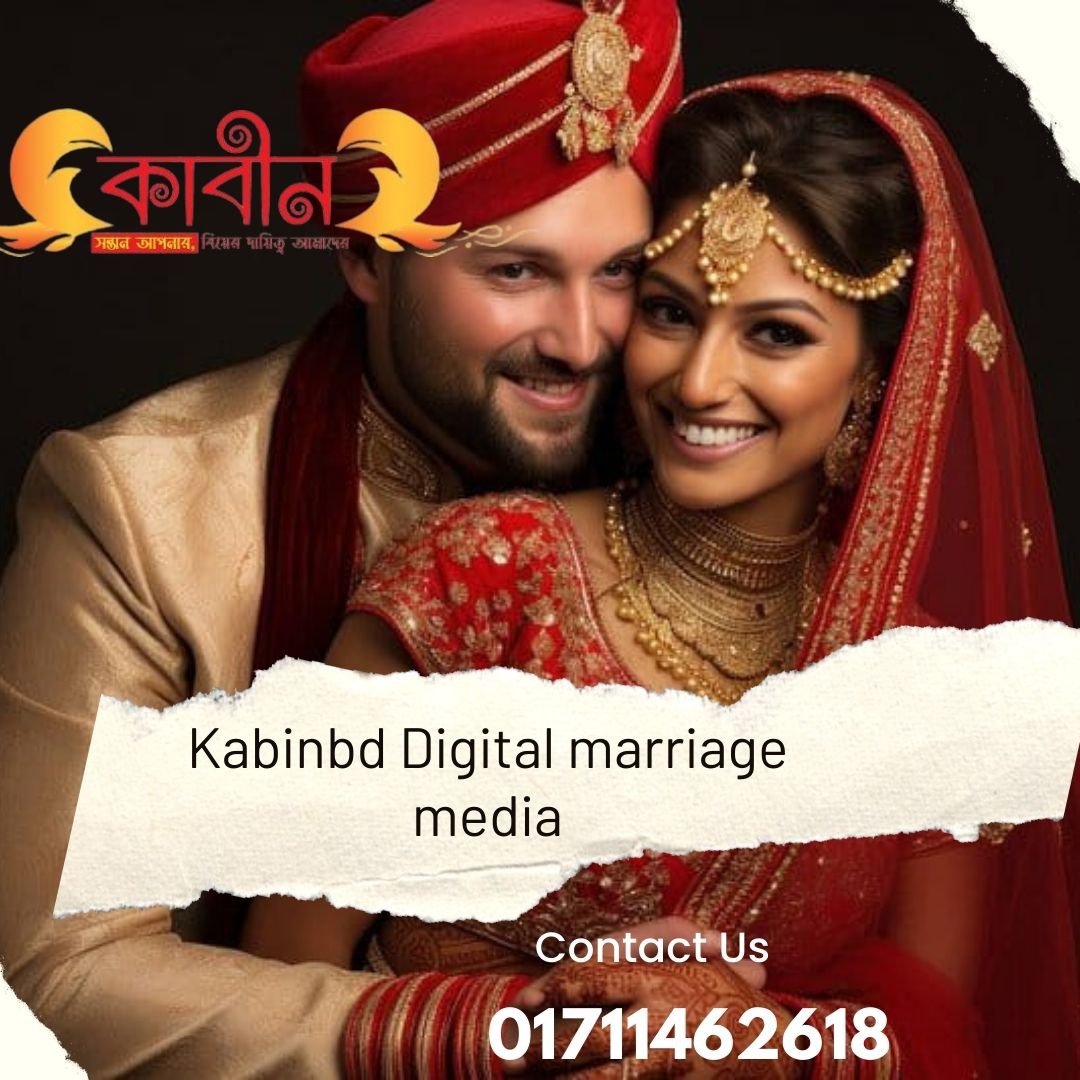
The future of marriage in Bangladesh remains uncertain. Legal issues like child marriage and domestic violence need continuous efforts for improvement. The LGBTQ+ community faces challenges in terms of marriage recognition and social acceptance. However, there are also opportunities for growth. Open communication, respect for individual choice, and a focus on building healthy relationships will be crucial in shaping the future Bangladeshi marriage landscape.
Conclusion: A Tapestry in the Making
Marriage in Bangladesh is a dynamic tapestry, woven with threads of tradition, social change, and individual aspirations. The interaction between these forces will continue to shape the future of marriage in the country. Whether it leans towards a more modern approach with greater individual choice, or retains a strong element of arranged marriages with a more flexible framework, the future promises a fascinating evolution of this cornerstone institution in Bangladeshi society.
Conclusion: A Marriage Evolving with Time
Marriage in Bangladesh is a dynamic institution, shaped by tradition, social change, and individual aspirations. While arranged marriages remain the norm for many, the winds of change are carrying the idea of love-based unions. As the country continues to develop, it will be interesting to see how Bangladeshi marriages adapt and evolve in the years to come.
Additional Points to Consider
- The rise of interfaith marriages, though uncommon, is a growing phenomenon, sometimes requiring couples to navigate religious differences and social acceptance.
- The legal framework for marriage is evolving, with laws addressing issues like child marriage and domestic violence.
- The LGBTQ+ community faces challenges in terms of marriage recognition and social acceptance.
By understanding the complexities and evolving nature of marriage in Bangladesh, we gain a deeper appreciation for this rich cultural tapestry.
আপনি যদি বিয়ের ব্যাপারে সিরিয়াস হয়ে থাকেন তবে
লিংকে ক্লিক করে ফ্রী রেজিষ্ট্রেশন করুন
অথবা বিস্তারিত জানতেঃ
Gmail:kabinbd4@gmail.com
01711462618 এ কল করুন ২৪/৭ সার্ভিস
